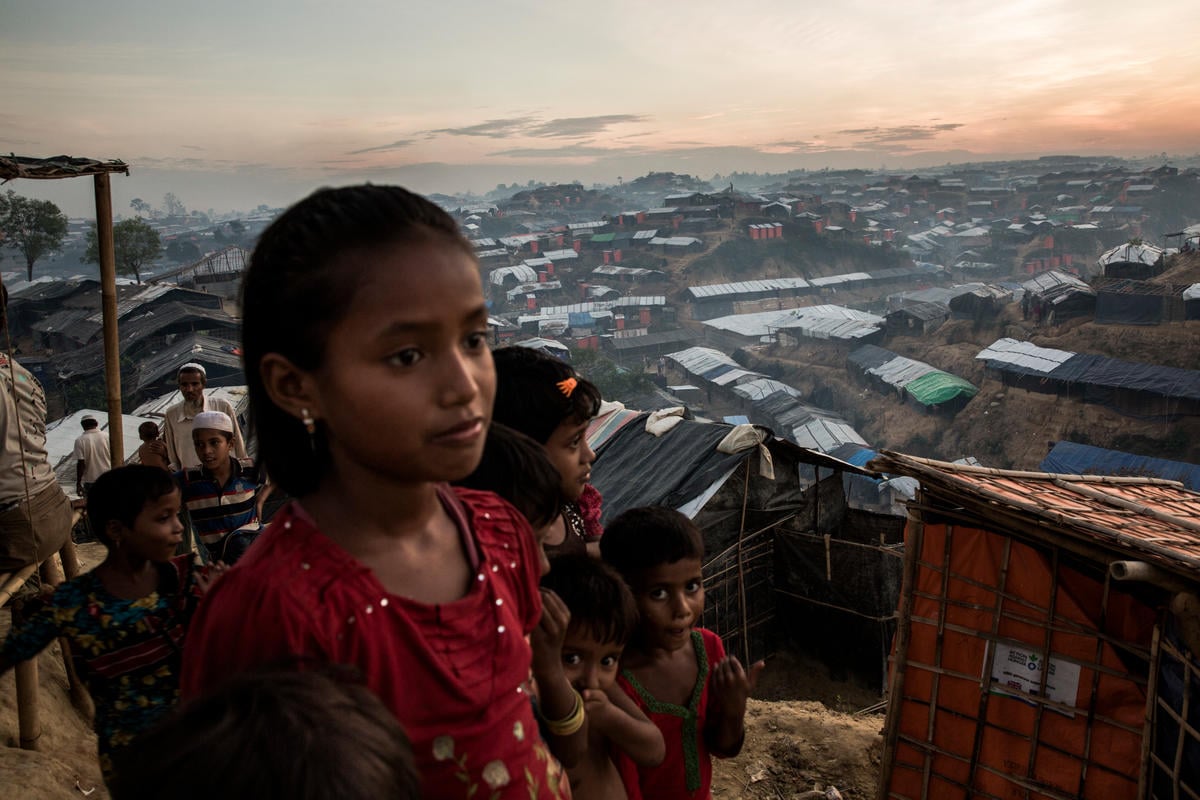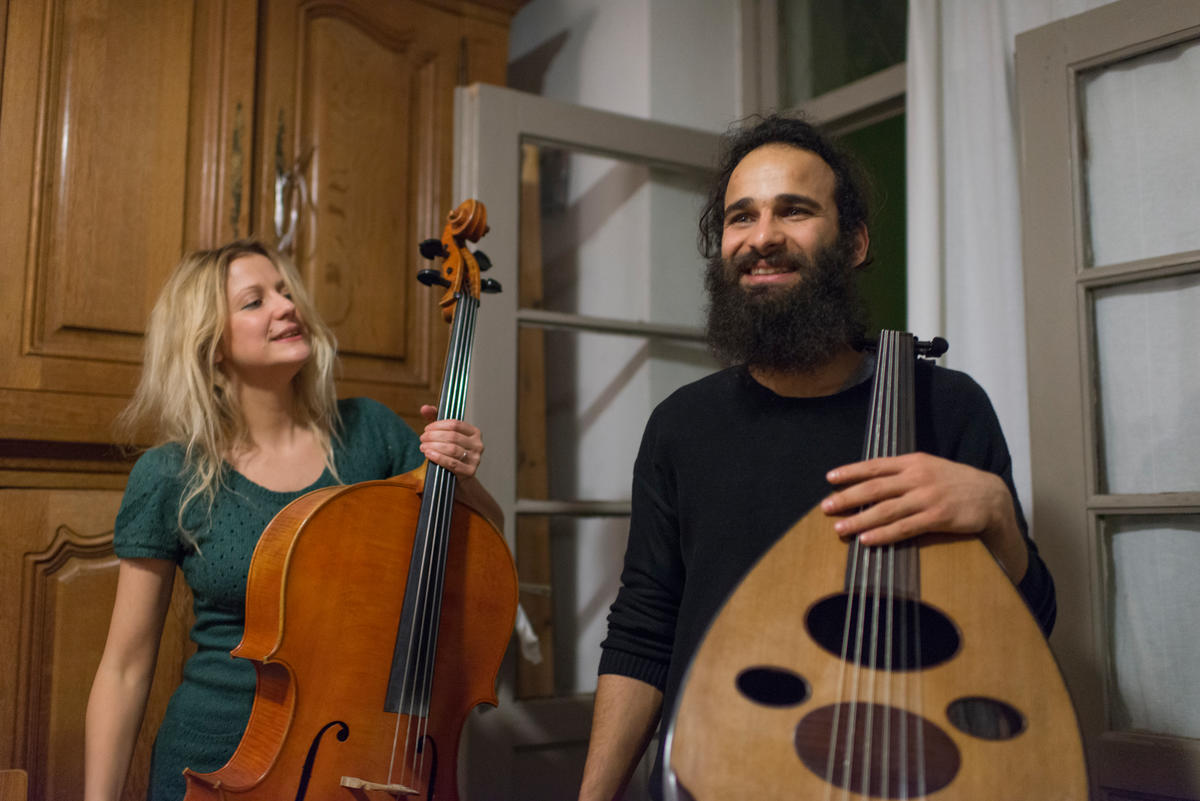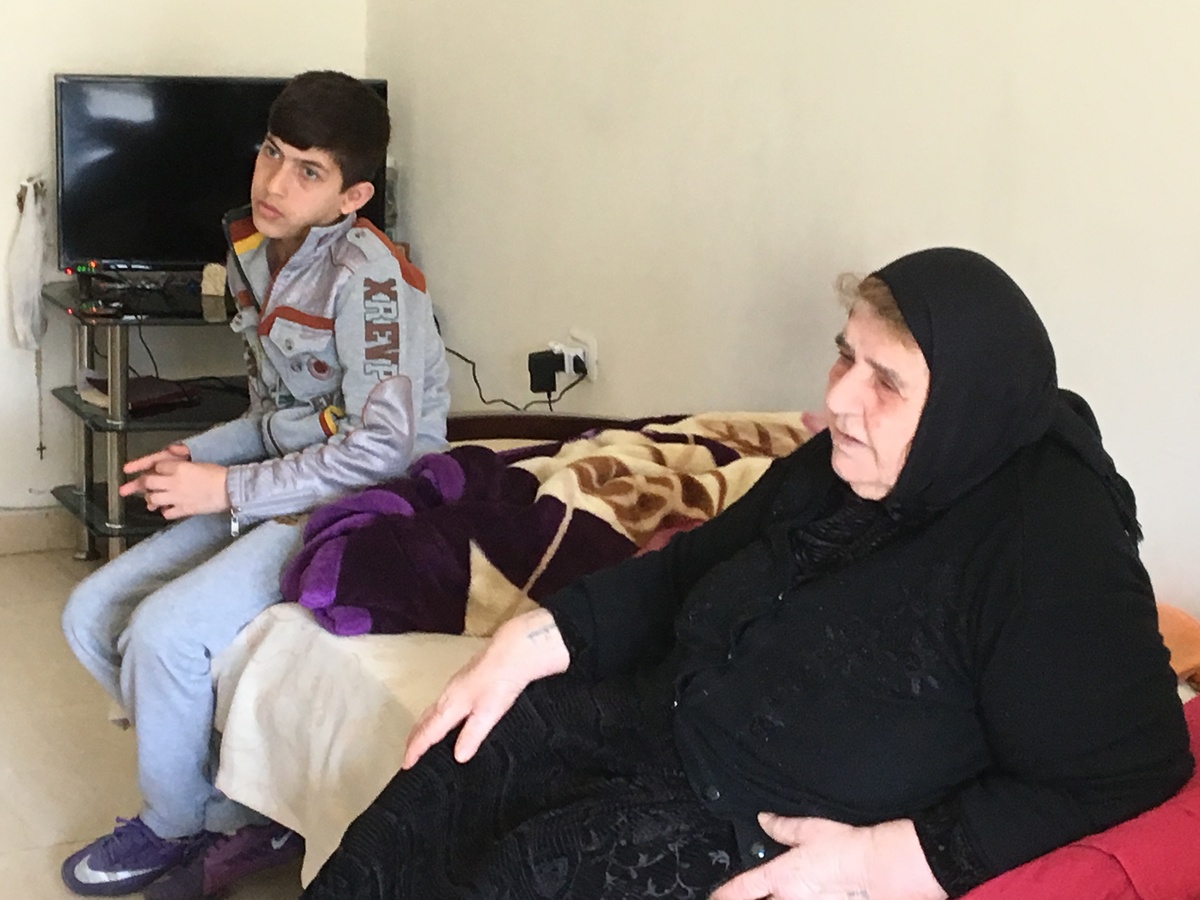Some 10,000 people flee from Christian communities in northern Iraq
Some 10,000 people flee from Christian communities in northern Iraq

ERBIL, Iraq, June 27 (UNHCR) - The UN refugee agency reported on Friday that up to 10,000 people from the predominantly Christian communities of Qaraqosh have fled their homes after mortar rounds landed near their ancient town earlier this week.
Community leaders say the residents of Qaraqosh people fled by bus, car and taxi into northern Iraq's Kurdistan region on Wednesday night. Many are women and children. They are now staying with families, relatives and in schools and community centres. Most are in Erbil. They fled in a rush, with little time to bring belongings with them.
Qaraqosh is an historic Assyrian town of 50,000 people, located approximately 30 kilometres south-east of Iraq's second largest city, Mosul, where armed opposition groups seized control two weeks ago. It is also known as Bakhdida (or Al-Hamdaniya).
On Thursday night, UNHCR - supported by dozens of local volunteers who brought their own trucks for transport - distributed quilts and mattresses, plastic sheeting and hygiene kits at schools and community centres where the displaced are sheltering. Already, some 300,000 Iraqis from Mosul's Ninewa governorate and elsewhere have arrived in the Kurdistan region.
This latest influx will place further pressure on resources there, particularly housing and fuel supplies. Conditions for these new arrivals will be challenging. In one school visited by UNHCR field staff, there are already 700 people and more expected.
They have no access to showers and there is no air conditioning. They are living in classrooms where daytime temperatures exceed 40 degrees Celsius. Thus far, food is being supplied by local charities and international aid organizations. Many of the displaced are concerned about the lack of medical care.
So far this year, an estimated 1.2 million Iraqis have been displaced by fighting, including from Anbar and Ninewa governorates. UNHCR has revised its funding requirements as part of the 2014 Strategic Response Plan, and is now seeking US$64.2 million dollars for its shelter and protection activities (as part of the broader US$312 million appeal launched this earlier this week.) To date, that appeal is only 8 per cent funded.








